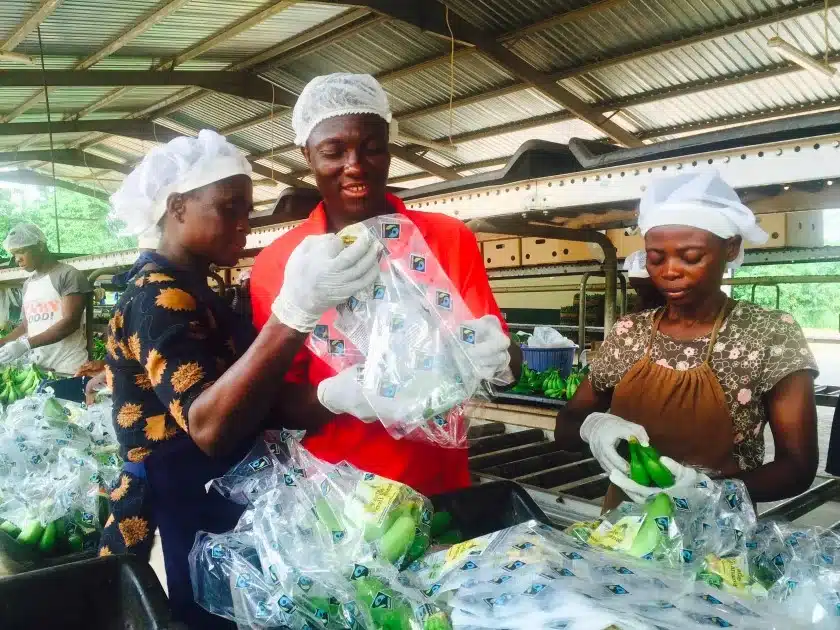news
It’s time we pay for more than just farmers’ crops.
The hidden economy of smallholder farmers
What if the most valuable contribution smallholder farmers make isn’t just the coffee you sip, the cocoa you crave, or the grains that fill your plate — but the land they preserve, the biodiversity they sustain, and the carbon they quietly sequester?
Yet, despite these critical environmental services, most smallholder farmers are paid mostly for their harvests. The ecosystems they nurture remain invisible in our economic models — and fairly uncompensated.
At the Fairtrade Access Fund, we’ve always believed in financing farmers differently. In 2024, we’ve taken that commitment further by embracing Payments for Ecosystem Services (PES) through partnering under the CompensACTION initiative. This approach ensures farmers aren’t just rewarded for what they grow, but for the natural wealth they protect.
The problem we overlook
Smallholder farmers manage over 500 million farms globally and produce one-third of the world’s food, often on plots smaller than two hectares. Yet, many of these farmers live on less than USD 1.25 a day.
Their environmental contributions go far beyond harvests. These farmers sustain carbon sinks, reforestation, biodiversity habitats, restored soils, and water sources — foundations of global climate stability and food security. But because markets typically only value tangible outputs like crops or livestock, these farmers have rarely been compensated for their critical role in sustaining the planet’s health.
This is a profound disconnect in global finance: while 82% of smallholder farmers we work with cultivate on less than 5 hectares, their lands could be linchpins in addressing the climate crisis — if only that value was recognized.
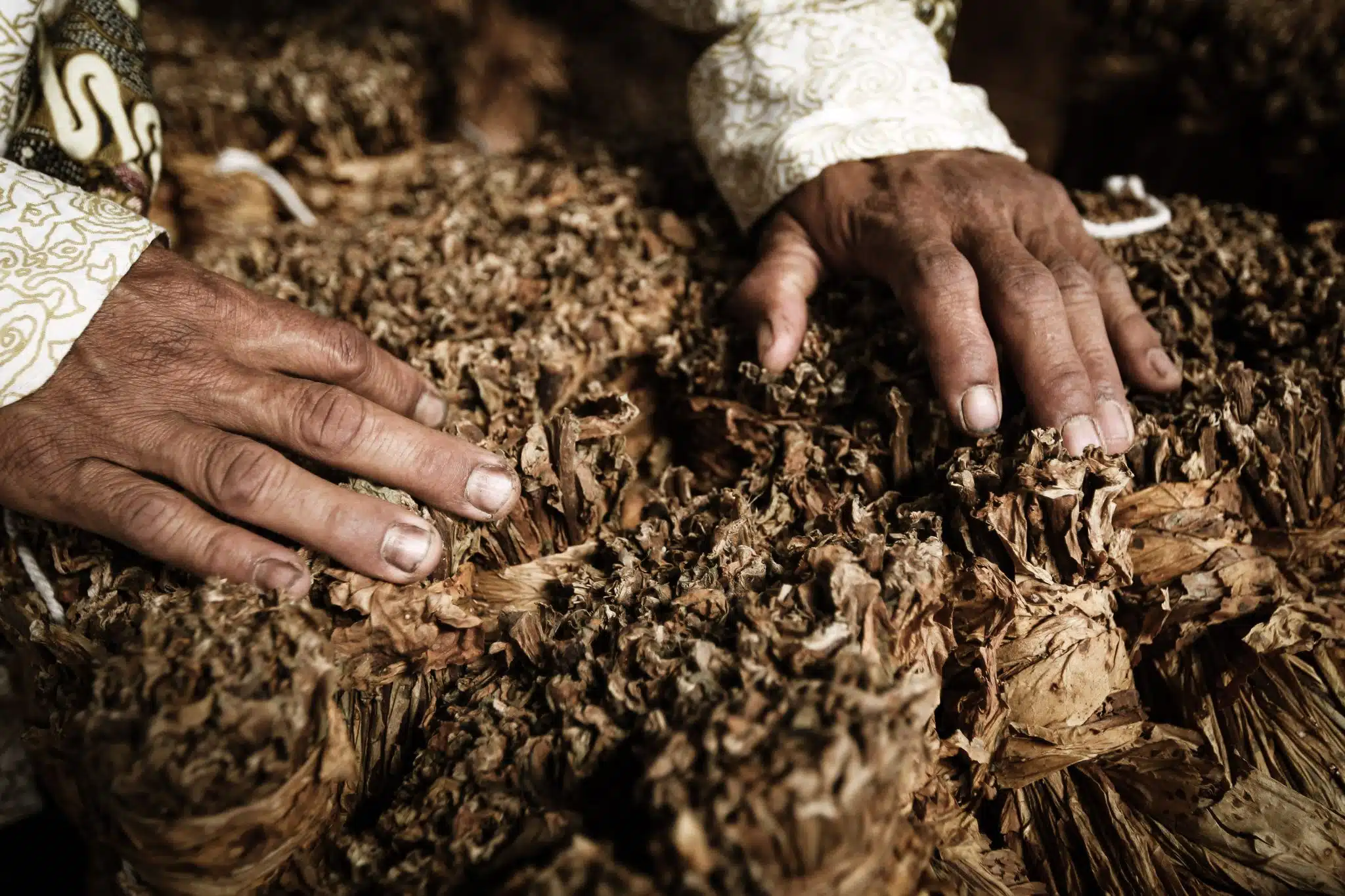
CompensACTION & PES: The way forward
To bridge this gap, the CompensACTION initiative, led by the German Federal Ministry for Economic Cooperation and Development (BMZ) and supported by KfW Development Bank, is set to redefine farmer compensation models. The Fairtrade Access Fund is proud to be an active participant.
At its core, Payments for Ecosystem Services (PES) offers a practical framework: rewarding farmers for the environmental value they generate — from carbon sequestration to soil regeneration, biodiversity protection to water conservation.
In 2024:
- KfW committed EUR 10 million through BMZ to amplify ecosystem service projects within the Fund’s portfolio.
- An additional EUR 5 million in technical assistance was pledged by BMZ via KfW to develop tools that properly measure and reward these services.
This isn’t charity. It’s a recalibration of value — acknowledging that farmers are frontline agents of regeneration, not just food producers. They preserve ecosystems. What’s missing is the financial recognition for these services — a gap that initiatives like CompensACTION are designed to fill.
The road ahead
Despite this progress, much work remains. PES schemes need broader policy support, scalable and modular measurement tools, adequate incentives and partnerships that can scale financing beyond traditional loans and premiums.
At the Fairtrade Access Fund, we see PES as not just an add-on, but a necessary evolution of impact finance. Our ambition is clear: to champion financial mechanisms that reward farmers for the full scope of their contributions — economic, social, and environmental.
For more insights, explore the full 2024 Fairtrade Access Fund Impact Report.


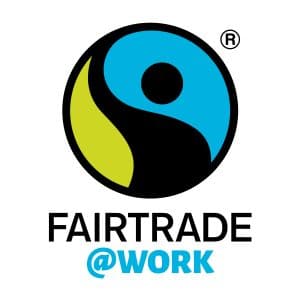

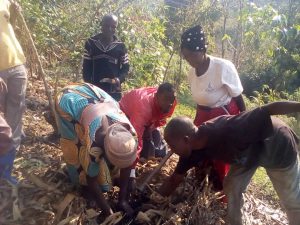 SOPACDI and Incofin joined forces
SOPACDI and Incofin joined forces 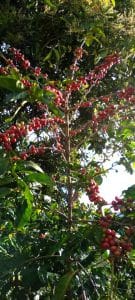 The women raised their concerns and grievances around the poor distribution of family income, which is appropriated by men; how men generally hold women responsible if the children are poorly educated; the fact that women do not receive the same income as men in the premium distributions in the coffee buying committees.
The women raised their concerns and grievances around the poor distribution of family income, which is appropriated by men; how men generally hold women responsible if the children are poorly educated; the fact that women do not receive the same income as men in the premium distributions in the coffee buying committees. 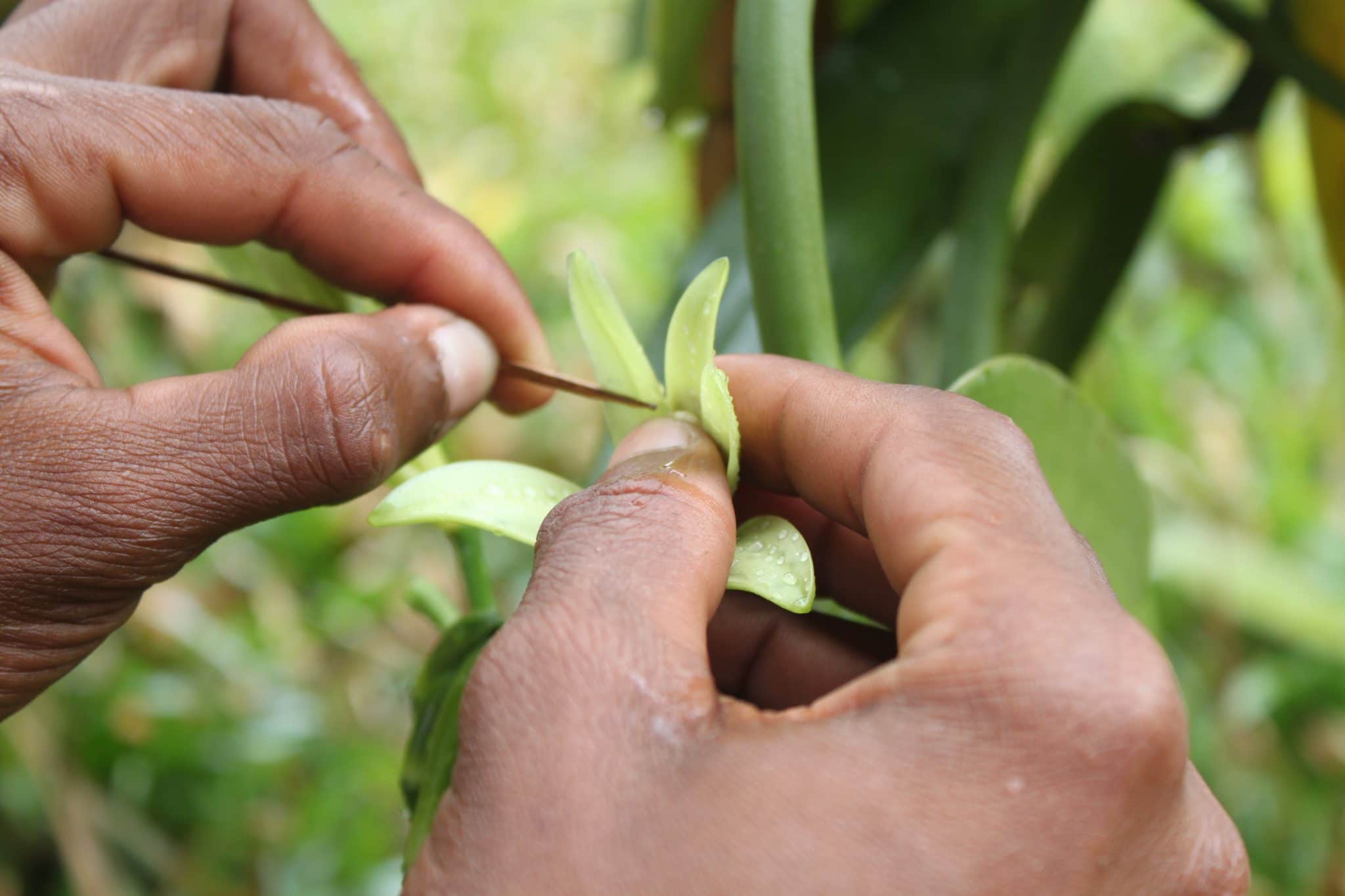
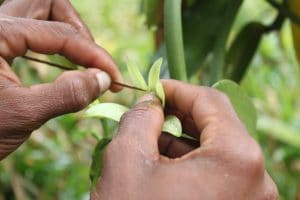

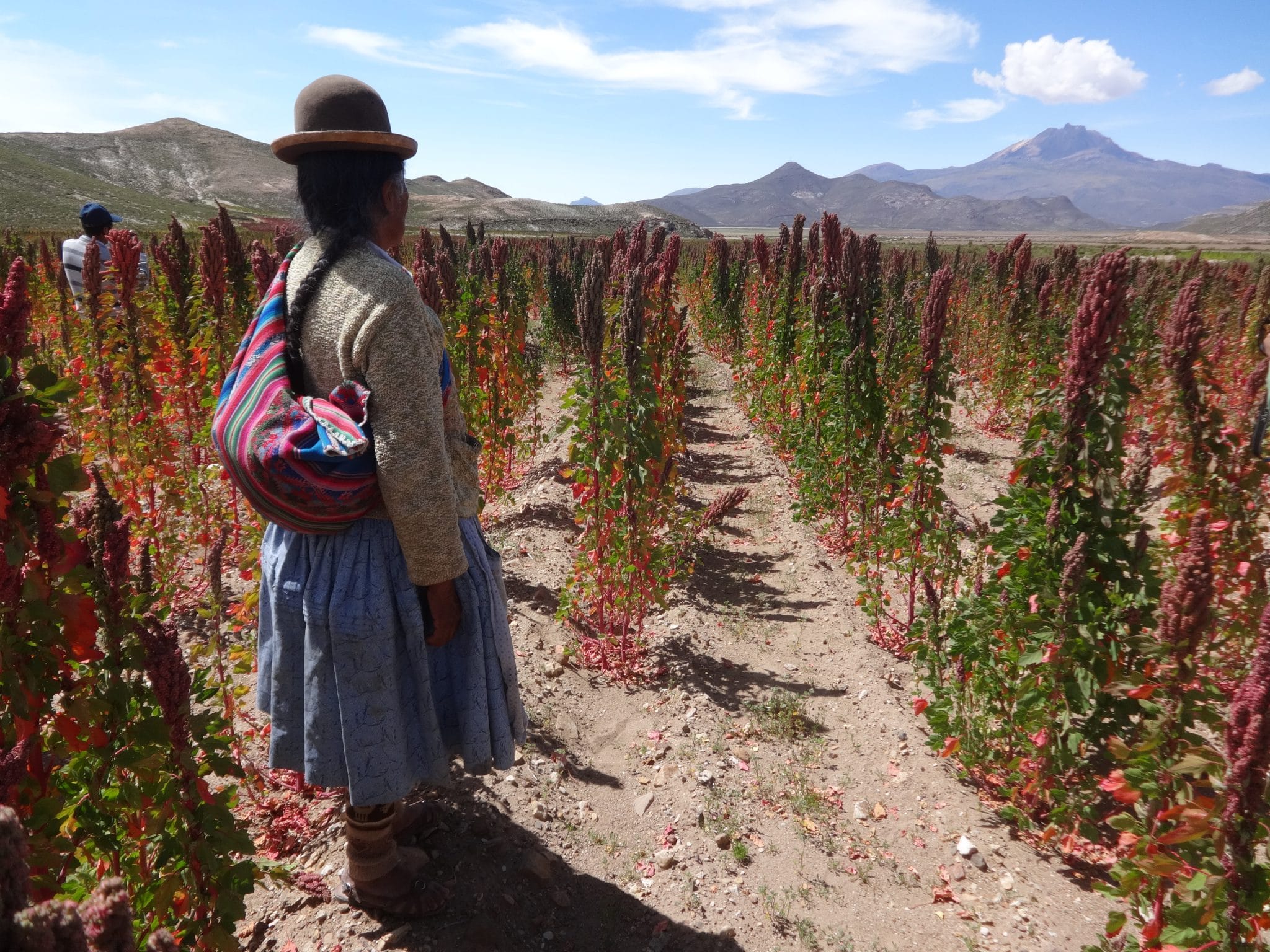
 You could say it is part of their cultural heritage. The Bolivians are relying on the grain as a food source for 7,000 years. Despite the rising popularity of the grain, quinoa farmers face challenges like low productivity and climate change.
You could say it is part of their cultural heritage. The Bolivians are relying on the grain as a food source for 7,000 years. Despite the rising popularity of the grain, quinoa farmers face challenges like low productivity and climate change.

 COVID-19 safety protocols at the collection center of the Peruvian cocoa cooperative ACOPAGRO
COVID-19 safety protocols at the collection center of the Peruvian cocoa cooperative ACOPAGRO
